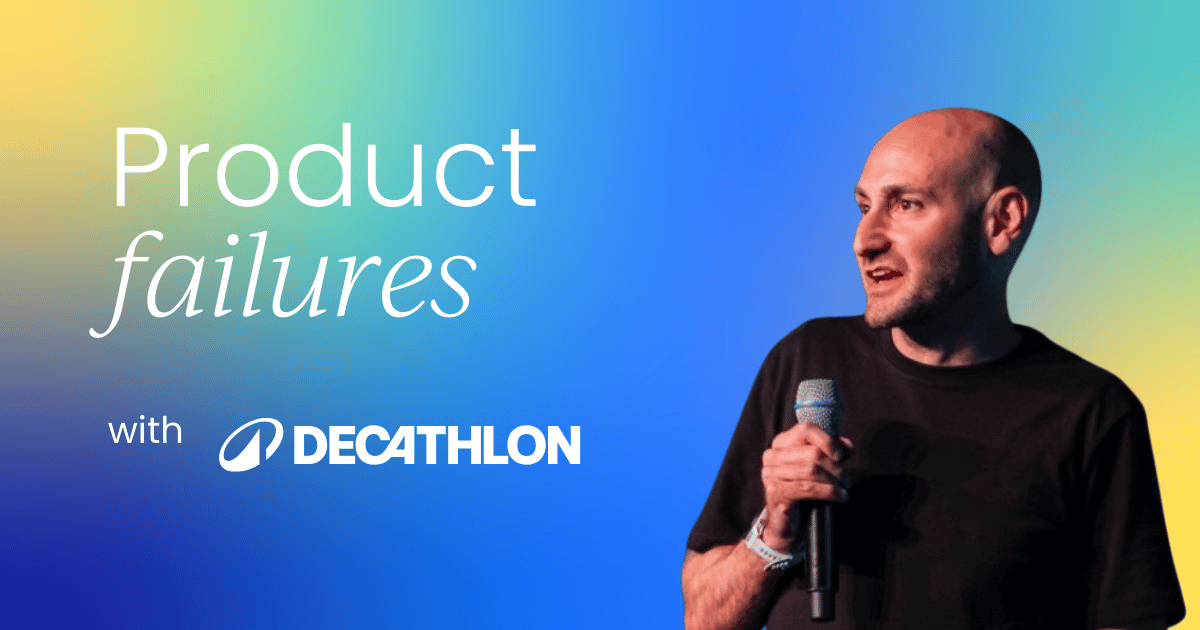“All happy families are alike; every unhappy family is unhappy in its own way.”
So wrote the Russian novelist Leo Tolstoy, in what’s now known as the Anna Karenina principle.
While this may be true for families, I've found that when it comes to products, the opposite is true. Happy products are special and unique for their own reasons, whether it's a brilliant founder, a visionary investor, or a niche they've perfectly filled.
But unhappy products? They're all the same. According to McKinsey, over 40% of products fail, and from what I’ve seen, they fail for the same three reasons. We’re going to explore those reasons today.
So, if you’re in the business of building products, this article is your blueprint for failure. Or, to put a more positive spin on it, by understanding what not to do, you'll be one step closer to building a product that your customers love.
Let’s dive in.
The wrong people with the wrong skill sets
The first core reason for product failure is having the wrong people with the wrong skill sets. To understand how this happens, let’s explore some sobering statistics.
Product management has grown rapidly – roles expanded by 33% in just two years – yet it remains a young and transient profession. On average, product managers stay in their positions for only one to two years, a pattern that accounts for 42% of the field.
For expert advice like this straight to your inbox twice a month, sign up for Pro+ membership.
You'll also get access to 10 certifications, a complimentary Summit ticket, and 100+ tried-and-true templates.
So, what are you waiting for?
With such short tenures and half of product managers having fewer than ten years of experience overall, many never have the time or mentorship needed to cultivate the deep expertise the role demands.
On top of all this, many product managers come from project management or product owner backgrounds. Although they sound similar, these roles are fundamentally different from PM.
Of course, raw talent matters more than anything, but when someone enters PM through these avenues, they’re being asked to adopt an entirely new way of thinking. Think about Max Verstappen. He's a phenomenal driver, but you wouldn't expect him to be a phenomenal diver. It’s the same thing with project and product management.
Project management focuses on timely delivery, which is a third of a product manager's job at most. The rest of the work – the discovery and validation – happens long before you ever touch a piece of code. It's about knowing what to build, not just building something on time.
Substituting ideas for insights
The second core reason for product failure is substituting ideas for insights. This is a problem that’s perpetuated by many management gurus, who use the word “idea” a lot.



 Follow us on LinkedIn
Follow us on LinkedIn



